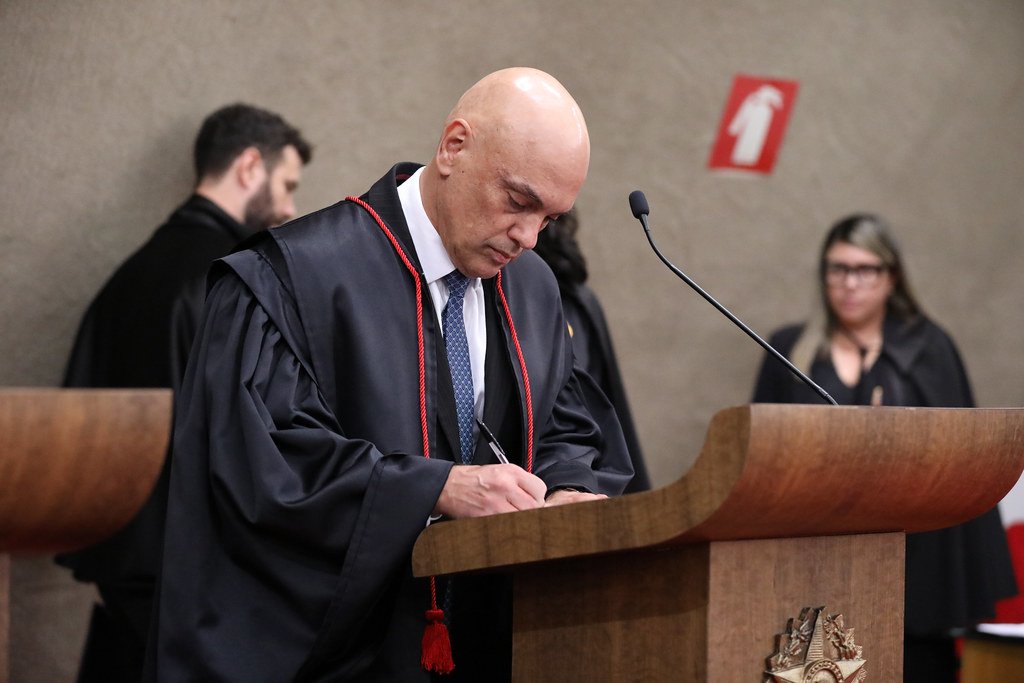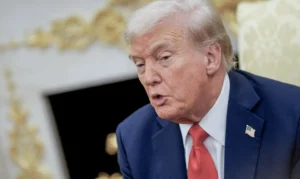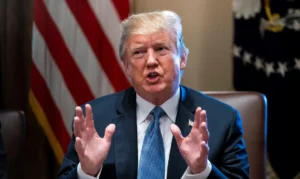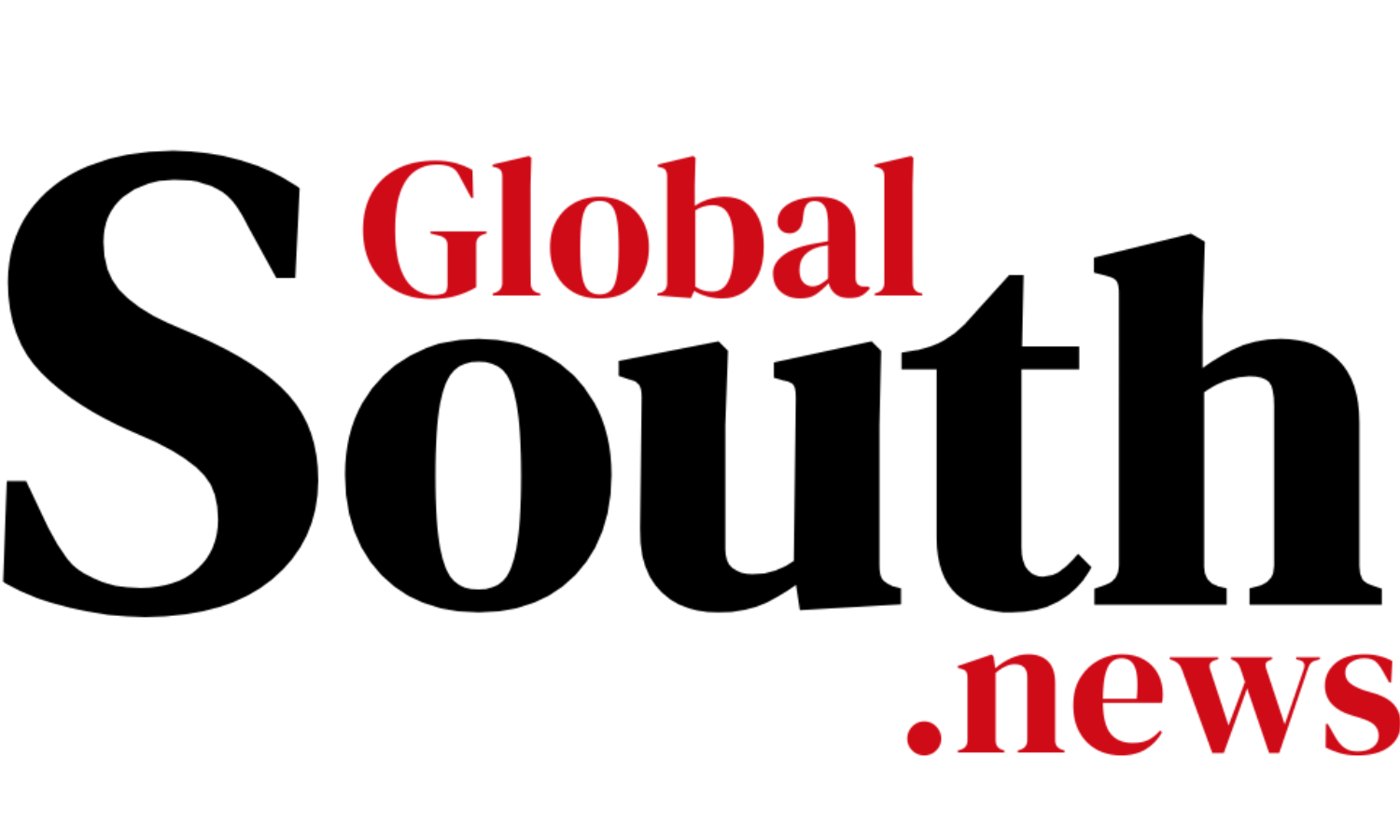
The Brazilian Supreme Federal Court (STF) is evaluating recent sanctions imposed by the United States under the Magnitsky Act on members of the court. Internal sources indicate that the American measure is perceived as a “personal attack” on Brazil’s sovereignty and judicial independence. In this scenario, the STF is reportedly preparing a robust judicial response, seeking to challenge the legitimacy and extraterritorial application of the US law on Brazilian authorities.
The Magnitsky Act, originally created to combat global human rights violations, has been used by the US to apply sanctions to foreign individuals and entities. However, the Brazilian interpretation is that, in this case, the sanctions constitute an undue interference in internal affairs and a dangerous precedent for bilateral relations. The STF’s potential legal action could open a new chapter of diplomatic tensions between the two countries.
Legal and political analysts are closely monitoring the developments. The STF’s response will not only defend the autonomy of the Brazilian judiciary but could also serve as an example for other countries that feel threatened by unilateral international sanctions. The expectation is that the judicial measure will be carefully formulated to address both the issue of sovereignty and the legality of the imposed sanctions.










